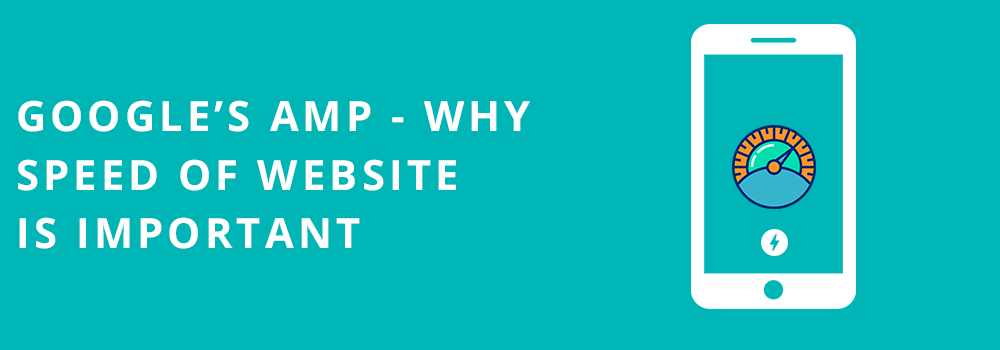
AMP or Accelerated Mobile Pages is an open source initiative for custom web design and development service providers to be able to create websites having pages with a fast loading time when accessed using a mobile device. Its primary goal is to make the content appear in an instance regardless of what device the user uses. In addition to that, speed plays an important role in the user experience that a site offers. The factors which are affected will be discussed later in this post.
On February 24, 2016, Google officially integrated AMP-powered web pages into its mobile search results, although many searchers saw it a day earlier. AMP-coded pages appear in mobile search results “Carousel,” and they feature an AMP icon that looks like a thunderbolt, as well as the acronym “AMP.”
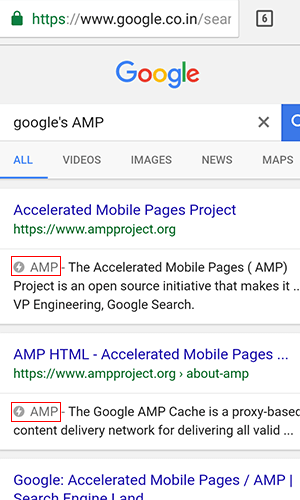
Why the speed of a website matters to the search engine?
Nowadays, speed helps a site get higher search engine rankings with the fact that Google considers it as a ranking factor. In 2010, Google said that only about 1% of search engine results were affected by the page speed ranking signal. So, if a site has a fast loading speed, then it will be safe to assume that the visitors will have a better experience, resulting into them spending more time browsing the site.
“In early tests, we found that AMP pages load four times faster and use eight times less data than traditional mobile-optimized pages,” says Pinterest’s product engineer, Jon Parise. “A better, faster mobile web is better for everyone, including users, platforms like Pinterest, and publishers.”
Impacts on the SERPs
With the Google accelerated mobile pages, it would become possible for custom web development services providers to offer their clients a website with low abandonment rates. This is because it affects not only the user experience but the impressions and clicks as well, which in turn can affect SEO.
Not only that, Google started to favor mobile friendly websites and in fact, they have released a significant new mobile-friendly ranking algorithm that’s designed to give a boost to mobile-friendly pages in Google’s mobile search results. This only goes to show that if you are still not on the AMP bandwagon, then the user engagement, impressions and clicks on your site would plummet.
Why the speed of a website matters to user experience?
These days, consumers have become more impatient than before. Nevertheless, a lot of sites still takes more loading time. Now, if loading time of the page is slow, then visitors may leave the site before they even reach to the intended content/information and this may lead to loss of visitors.
What causes your page to load slowly?
Various factors cause your page to load slowly like a cheap web host. Heavy images can also affect the site’s speed, so it is suggested for you to compress it while maintaining its quality. Other factors that can slow down your site’s speed are the widgets, plugins and embedded media. resulting into them spending more time browsing the site.
Prepare your brand for this: Tools to Test and Improve Site Speed
- Pingdom website speed test : Visit Link to test your Website Speed
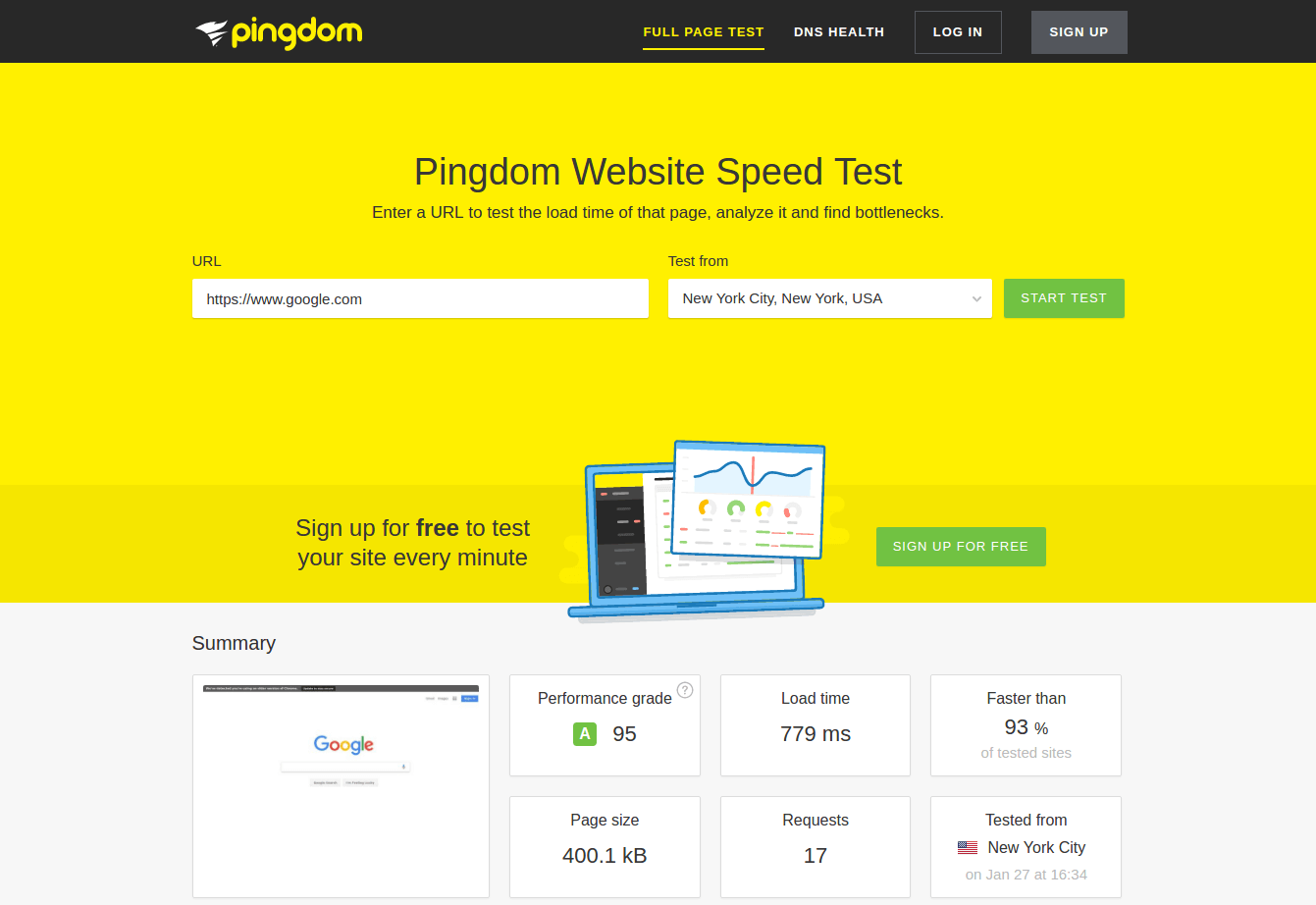
It provides a statistics summary including the loading time of a page and its size as well.
- Google PageSpeed Insights : Visit Link to test your Website Speed
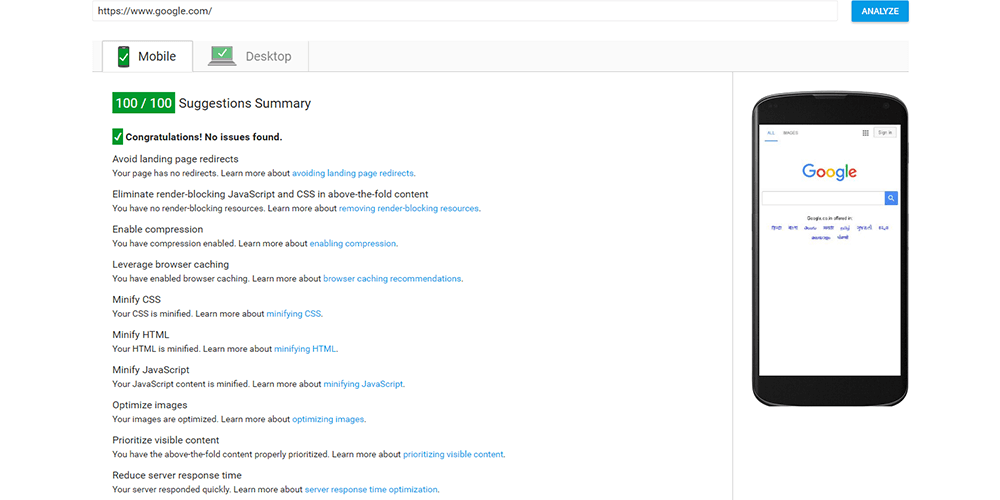
It has an analysis section where the custom web development services provider can find the pages with speed issues.
- GT Metrix performance report : Visit Link to test your Website Speed
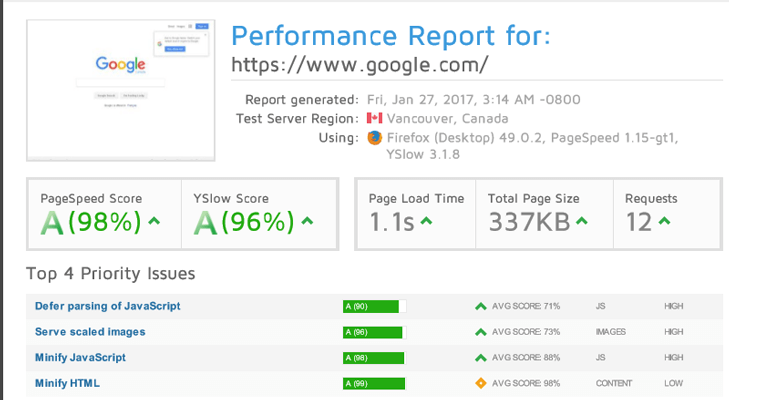
It offers a comprehensive overview of the performance of the site.
Conclusion:
Considering all the things said, it would be safe to say that having mobile accelerated pages is an essential thing to get higher search engine rankings. After all, one of the main reasons for site creation is for a business to be visible online and to increase business revenue at the same time.
